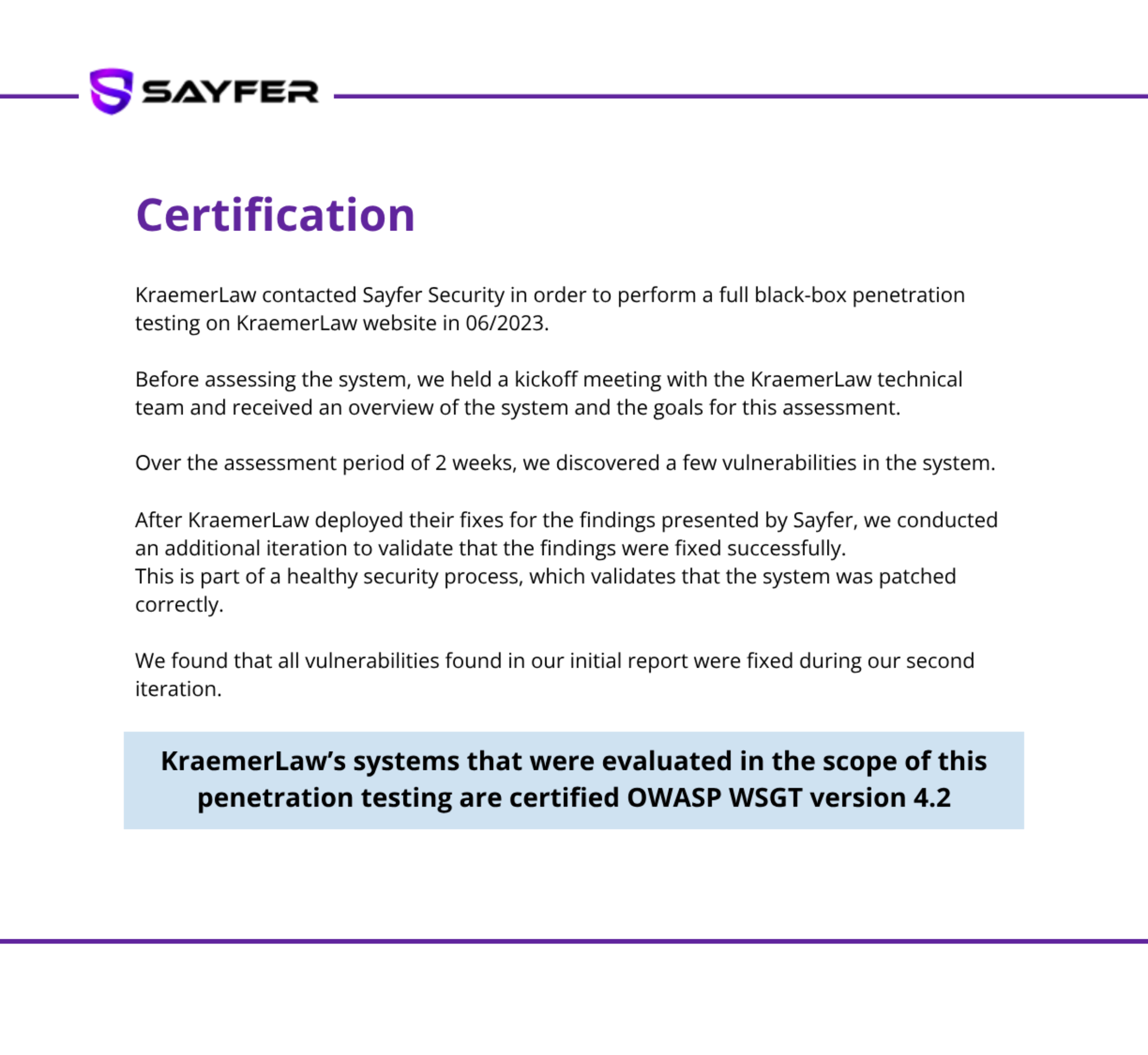An International Business Company (IBC) is a legal entity used primarily by companies wishing to operate outside their home countries. The IBC meaning in the business world refers to a company that is established in an offshore jurisdiction to benefit from certain financial advantages, such as reduced corporate taxes, increased asset protection and privacy. Understanding what an IBC is important for anyone looking to strengthen their international operations or investment opportunities, as these entities can be excellent tools for achieving corporate objectives.
What is an IBC? – The Basics
Before continuing, it is relevant to understand what an IBC is. An International Business Company (IBC) is a type of offshore structure that allows companies to engage in international activities without being subject to the same tax regulations and requirements that apply in their home countries.
One of the most attractive aspects of forming an IBC is the ability to protect assets. Entrepreneurs can separate their assets from their personal possessions to keep them safe from potential creditors and legal disputes.
IBCs are generally set up in countries that offer a favorable environment for offshore businesses. These jurisdictions have legislation that facilitates incorporation and offers incentives such as low or no corporate taxes and reduced reporting obligations.
The Origin of International Business Corporations
The concept of an IBC had its heyday in the 1980s, with the British Virgin Islands (BVI) as a pioneer. The 1984 International Business Companies Act in this country marked a turning point in the history of offshore company consions by making the formation of IBCs easier and offering tax advantages and confidentiality.
Although this law was repealed due to the need to adapt to international regulations and combat tax abuse, its influence remains significant, as it estaed a model that inspired similar laws in the world and was instrumental in creating the framework that governs and defines what IBCs are today.
Other jurisdictions soon recognized the potential benefits of adopting similar legislation. By the early 2000s, countries such as Belize, Seychelles and Panama had developed their versions of laws on what IBCs are and how to regue them to attract foreign investment. This trend fueled the growth of international business corporations, solidifying their role as powerful instruments in global commercial operations.
Where Are International Business Corporations Typically Formed?
Offshore jurisdictions are the main destinations for international business company formation due to their favorable business environments, low taxation policies, accelerated regulatory processes and privacy measures. Choosing where to establish an IBC is a fundamental decision that influences the benefits a company will receive.
The Most Popular Offshore Jurisdictions for Forming IBCs
Numerous offshore jurisdictions provide options for the formation of IBCs. The most famous for their business-friendly laws are:
-
Panama: It is renowned for its tax benefits, including a 0% corporate tax on income generated outside the country, made possible by itsterritorial tax system. The structure of an IBC in Panama allows full foreign ownership without the need for local directors. In addition, residency visas are accessible to investors and there are no exchange controls, which permits transactions in multiple currencies.
Find everything you need to know to do business in panama in this free ebook.
-
British Virgin Islands (BVI): The BVI has played a significant role in pioneering the establishment of International Business Companies (IBC). It provides a stable environment with legislation based onthe former International Business Companies Act, which enables the quick and economical constitution of offshore businesses, and offers operational flexibility by not requiring physical offices or residence of directors or shareholders in the BVI. It also provides asset protection and corporate tax exemptions.
-
Belize: It cognized for its fast and easy incorporation process, which can be completed in up to 2 days within the country. IBCs are free of local taxes and enjoy a high level of privacy thanks to laws that protect the identity of shareholders and directors. Belize alsows the owners to maintain international bank accounts,which promotes safe and secure financial transactions.
-
Seychelles: Offers tax benefits, with tax exemptions on income and profits earned outside its jurisdiction. IBCs are created quickly and ask for a minimum of requirements, such as a single shareholder anddirector, who can be the same person. Its investor-friendlypolicies, coupled with excellent residency programs, make Seychelles a top destination for foreign entrepreneurs.
-
Cayman Islands: They are known for not imposing direct taxes on corporations, dividends or capitalgains, which makes them ideal for asset management and investment funds. The incorporation of an IBC is simple, and they can access the strong banking infrastructure and financial services available in the country. The Cayman Islands also offers a beneficial visa process for investors, which provides access to temporary andpermanent residency.


Practical Reasons for Opening an International Business Company
For those considering why an IBC company is an excellent business option, here are some key points:
- Tax savings: One of the main benefits of an IBC is the possibility of reducing or eliminating corporate taxes in certain offshore jurisdictions.
- Privacy: Owners and shareholders are generally not required to disclose information publicly, which provides asset protection and reduces legal risks.
- Efficient asset management: IBCs work well for managing assets, as they allow individuals to separate personal and business property, whichminimizes risk in the event of legal or creditor claims.
- Simplicity in setup and maintenance: With fewer requirements than domestic companies, the formation of an international business corporation is often easy, requires less documentation, reduced costs and minimal local obligations.
- Ease of international transactions: IBCs are ideal for internationaltrade, as they facilitate transactions between different countries and often allow financial operations in multiple currencies.
These points highlight what an IBC is—a versatile and efficient tool for international business—and why many choose them as special-purpose entities.
Common Operations Carried Out by IBCs
One of the most frequent questions is what are IBCs used for? The operations performed by these structures may vary according to the nature of the business. For example:
-
Asset holding: Many IBCs act as asset holders, be it intellectual property, financial portfolios or even real estate. In some offshore jurisdictions, IBCs are specially structured to manage investmentsand increase returns on holdings.
-
International trade: These companies are engaged in the purchase and sale of goods or services, with limited restrictions.
-
Act as al purpose entities: This means that IBCs are created for projects, such as joint ventures, real estate transactions or othersingle purpose functions. Often to isolate financial risk or manage a particular aspect of a larger organization.
- Provisionof consulting services: Some IBCs are structured to provide consulting or advisory services in different sectors.
Knowing the scope and most common uses of these structures helps to better understand what an IBC is. The IBC meaning in business extends beyond its basic definition as an International Business Company; it represents a versatile legal structure that enables companies to conduct international operations efficiently while benefiting from tax advas and minimal regulatory requirements.

Do You Wish to Form a Company in an Offshore Jurisdiction?
Now that you have a better understanding of what an IBC is and what its benefits are, you can consider this structure to achieve your international business objes. However, before proceeding, here are a few points to keep in mind to make sure the decision fits your goals.
-
Define youiness purposes: This will help you understand how an IBC adapts to your plans. For example, if you need a structure that allows for asset protection, tax savings or international trade, an IBC is likely to be a good option.
-
Choosethe right offshore jurisdiction: As mentioned before, eachjurisdiction offers different benefits. Choosing where to establishan IBC should depend on the laws of the country that best suit your bus needs.
-
Understand compliance requirements: While many IBCs benefit from minimalreporting, some jurisdictions require annual compliance filings.
Consider professional advice: It is recommended to have expert support to help you better appreciate what an IBC is, its implications, scope,benefits and processes.


In conclusion, from asset protection to tax optimization and international trade access, these entities offer a practical and efficient solution for those looking to develop their business globally. IBCs are adaptable entities designed to cater to the unique needs of businesses around the world. Undeding what an IBC is and the various reasons for incorporating one can help companies make informed decisions.
If you are evaluating structuring an IBC or looking for guidance on incorporation in an offsjurisdiction, it is important that you consult with an expert in corporate law and business planning. The Kraemer & you through the process. For more information on the creation of IBCs and other related services, please do not hesitate to contact us or send us an email at info@kraemerlaw.com.







